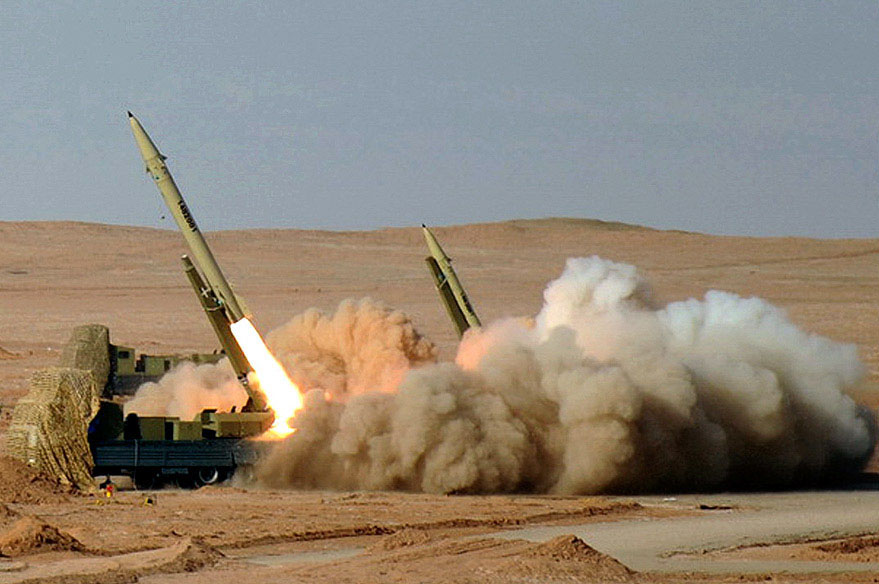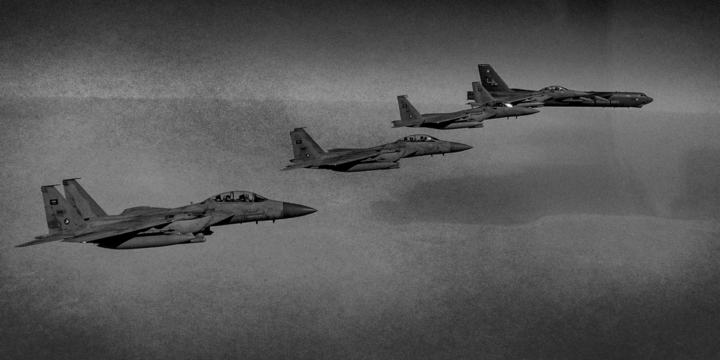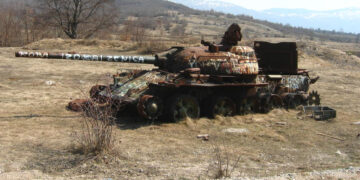
Since the beginning of the war in Gaza, the escalation across the Middle East, and now the invasion of Lebanon, the biggest question on the table has been how Iran would react. Surely it could not just watch on as Israel dealt shattering blows to two of its closest allies: Hamas, and now Hezbollah? Now we know. In response to Israel’s killing of Hezbollah’s senior leaders, Iran fired a barrage of missiles at Israel’s territory on October 1. Seeking to both stay Iran’s hand and reassure Israel, the United States stationed two aircraft carriers in the area around Iran and, in the last two weeks alone, doubled the number of strike aircraft deployed in the area. And while some of the missiles fell across Israel and the West Bank, most were intercepted by Israel’s defence systems, with support from American aircraft and warships.
But acts based on certain intentions often create unintended effects that run counter to those same intentions. That’s especially true in wartime, when fear, misperception, and hubris abound. So American muscle-flexing may have reduced the scale of Iran’s retaliation against Israel; but it may also embolden Prime Minister Netanyahu to strike back at Iran even harder, as he has already promised. Indeed – he may even use this opportunity and the backing provided by the Biden administration to precipitate the unravelling of the entire Iranian state.
That goal may not be achieved – or achievable – but it would be complacent to assume that it’s too outlandish for Netanyahu to pursue. Consider what Netanyahu said in a message – with a version containing Persian subtitles – to the Iranian people on September 30: “Every day, you see a regime that subjugates you make fiery speeches about defending Lebanon, defending Gaza. Yet every day, that regime plunges our region deeper into darkness and deeper into war… With every passing moment, the regime is bringing you – the noble Persian people – closer to the abyss… The vast majority of Iranians know their regime doesn’t care a whit about them. If it did care, if it cared about you, it would stop wasting billions of dollars on futile wars across the Middle East. It would start improving your lives.”
It is not fanciful to imagine that, in speaking to the Iranian people over the heads of their leaders, the Prime Minister had what’s come to be known as “regime change” in mind. And this desire has since been echoed by former prime minister Naftali Bennett, who called for Israel to act “now” against Iran’s nuclear programme, and said, “Israel has now its greatest opportunity in 50 years, to change the face of the Middle East.”
Author

Rajan
Menon
Non-Resident Senior Fellow
More on Middle East

By Daniel Davis
December 20, 2024

Featuring Dan Caldwell
December 17, 2024
Events on Israel




